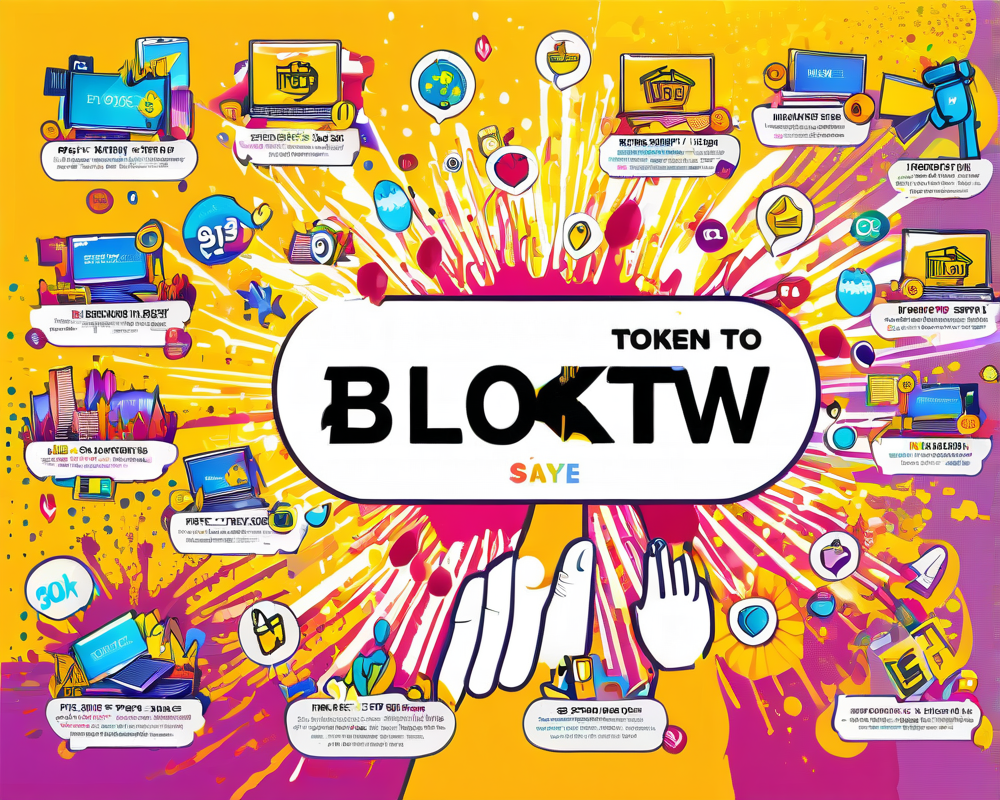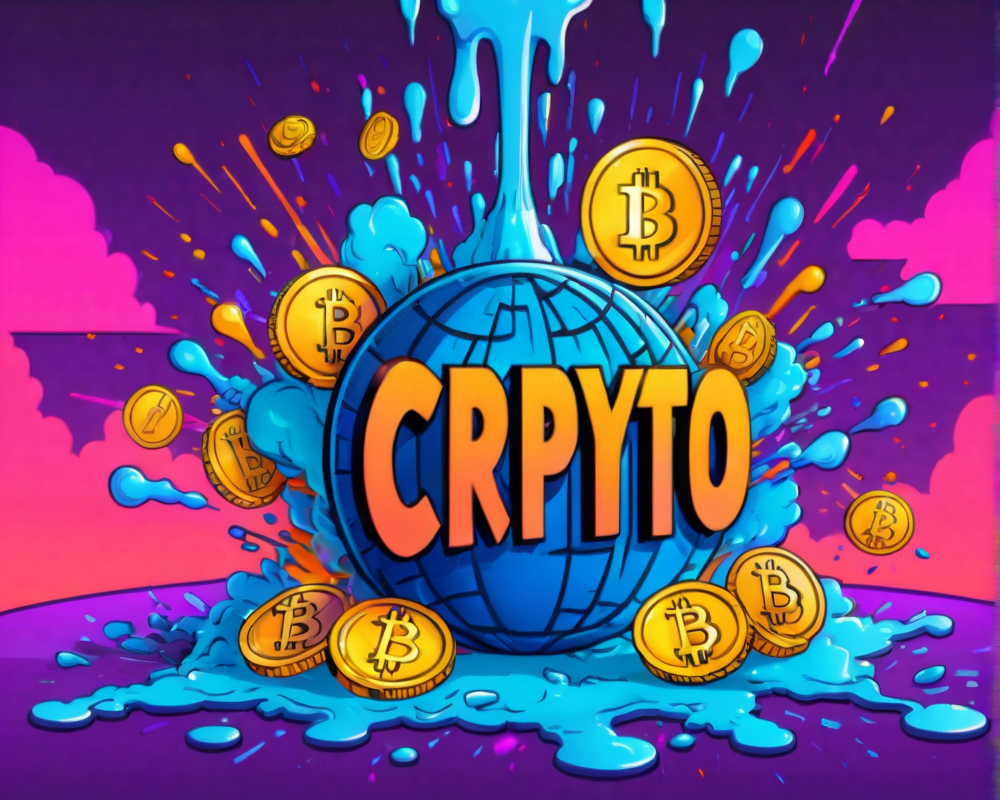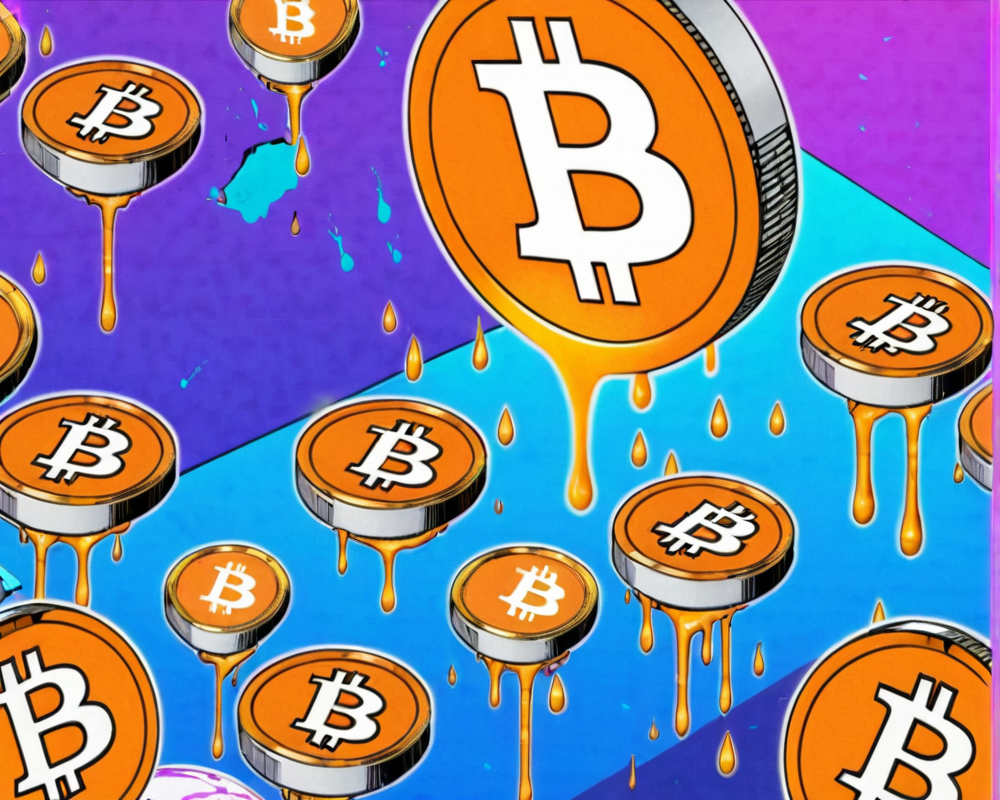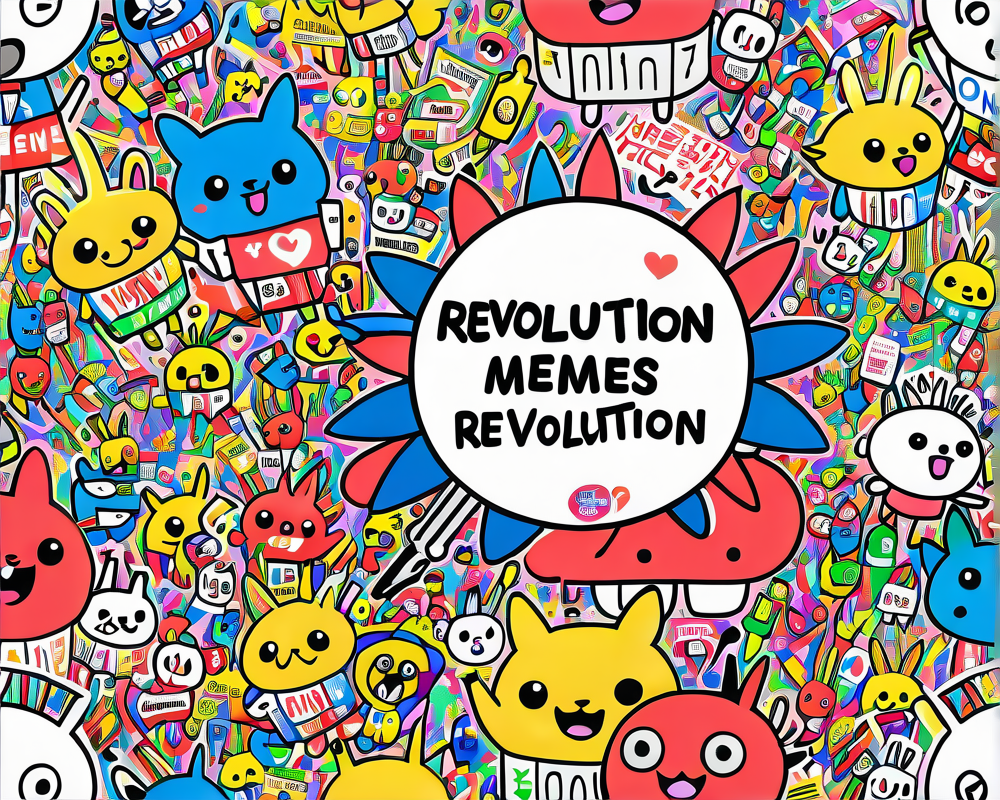The Dawn of a New Media Era
Television news is evolving faster than your grandma’s cat video on repeat. BLOCKTV, the Tel Aviv-based media platform, recently unveiled an innovative token system aimed at reshaping how journalists and sources engage with news dissemination. Just as your last online shopping spree involved some thrilling ‘add to cart’ moments, BLOCKTV introduces the BLTV token to stimulate excitement in news sharing.
The BRIGHT Side of BLTV
So, what’s the deal with this BLTV token? Wrapped in the glitz of ERC20 technology, it’s designed for a variety of stakeholders—think journalists, publishers, and yes, even those ad-watchers lured by the siren call of shiny tokens. When users sit through a BLOCKTV ad, they earn BLTV tokens, channeling that hard-earned ad space into cold, hard digital cash. This model, akin to the Basic Attention Token (BAT), puts a fun twist on enduring your least favorite commercials!
News Tips in Exchange for Tokens: A Win-Win?
BLOCKTV’s CEO, Aviram Elad, believes in a brighter future for media monetization. Simply put, if you’ve got an exclusive news tip, you might find yourself cashing in on some digital tokens instead of merely a pat on the back. As he puts it, “We want to create a token-based economy.” Sure, it sounds a bit like a sci-fi plot twist, but who wouldn’t find it enticing to earn tokens just for sharing hot goss?
- Incentivizing sources through monetary rewards.
- Encouraging higher-quality journalism.
- Empowering consumers, advertisers, and publishers alike.
Ethical Dilemmas in Journalism: More Money, More Problems?
Now, before you get too excited and start dreaming of buying an island with your BLTV earnings, let’s take a minute to address the elephant in the room: ethics. As Joshua Benton from Harvard’s Nieman Journalism Lab points out, the traditional media model has historically frowned upon paying sources. Money could muddy the waters of unbiased reporting, leading journalists to primarily channel their information through paid sources rather than focusing on comprehensive coverage.
This model raises eyebrows. If a news organization forks over digital cash for a tip, the objectivity often associated with solid reporting may slip. Bonus points for transparency, right? But then, how can BLOCKTV assure the audience that their story is free from bias when financial transactions are involved?
Looking Ahead: The Future of Journalism?
Despite the concerns, both Elad and Friedman are optimistic that this innovative model could pave the way for revolutionary changes in the media landscape. They argue that using a token system could revolutionize how stories are sourced and shared, while also ensuring a fair distribution of revenue to those powering the narrative.
Benton offers a balanced view, noting that while this model is indeed a departure from common practices, it’s




